CIE Incubator at IIIT Hyderabad: eye on Indian-language startups
[ This interview is part of a YourStory series called Startup Hatch, about incubators and accelerators in the startup ecosystem. See earlier profiles of incubators at IIT Bombay, BITS Pilani, NCL, NID, IIIT-Bangalore, Vellore Institute of Technology, and PSG Coimbatore. ]
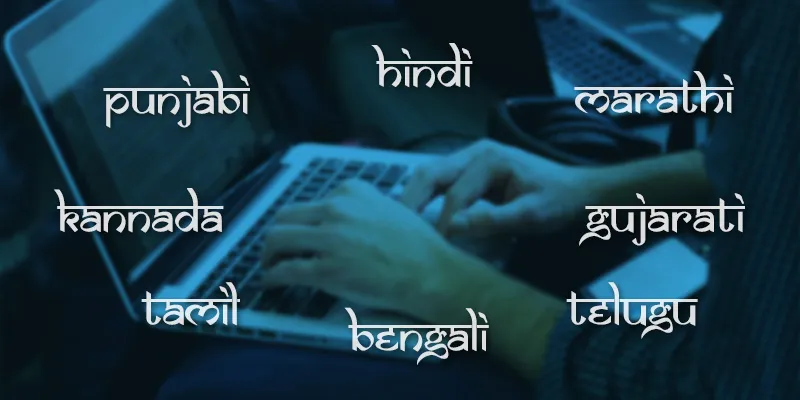
Vasudeva Varma is Professor and Dean (Research & Development) at IIIT Hyderabad, India. His research interests are in information retrieval, extraction and access - more specifically, in social media analysis, cross language information access, summarisation, semantic search and cloud computing. He is also the CEO of IIIT Hyderabad Foundation, which manages IIIT-H’s IP and technology transfers.
Varma was Co-founder of SETU Software Systems, whose product Veooz is a social signal-based content discovery platform with social media search and analysis capabilities. He has published a book on ‘Software Architecture’ (Pearson Education) and close to 200 technical papers in journals and conferences. In 2004, he won the young scientist award and grant from Department of Science and Technology, Government of India, for his proposal on personalised search engines. In 2007, he was given the Research Faculty Award by AOL Labs.
Varma obtained his Ph.D. from the Department of Computer and Information Sciences, University of Hyderabad, in 1996. He was earlier with MediaCognition, InfoDream, Citicorp and Muze. He joins us in this exclusive interview on the vision and achievements of the CIE Incubator at IIIT Hyderabad.
What was the founding vision of your incubator, and how is it supported?
Our incubator CIE (Centre of Innovation and Entrepreneurship) is part of the IIIT-H Foundation which was created in 2008 to aid the International Institute of Information Technology, Hyderabad (IIIT-H), in managing its intellectual property portfolio, identify collaborative opportunities with industry, and above all to support entrepreneurial activity in Hyderabad by creating a startup hub to really push forward the city’s ambition to be a startup powerhouse. IIIT-H, our host institute, played a pivotal role in operationalising this incubator. Department of Science and Technology recognised our vision and gave its support through the TBI scheme in 2012.
What is the profile of the management team of your incubator?
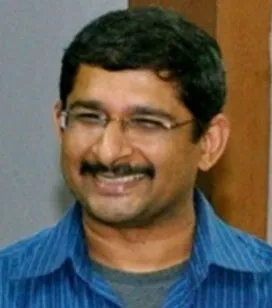
I am playing the role of CEO of the IIIT-H Foundation in addition to being the Dean of Research at IIIT Hyderabad. Srinivas Kollipara who is the COO has 20 years of management experience working with international teams and projects, specialising in the creation of long-term value for organisations from customers, markets and relationships.
Tom Thomas, Senior Incubation Manager, is an IIM Kozhikode alumnus and has experience leading various initiatives in Startup Village, Kochi. In addition, we have four more member team helping us with various functions within CIE.
What would you say are the promising opportunities for Indian startups?
The way we interact with each other, with machines and with our surroundings are changing. We are also moving into a more open world, with banks and other organisations ready to open up their APIs to the developer community. These factors combine with our increasing capabilities in extracting information and learning from huge amounts of data available to us today; the scope for further imagination and innovation is endless.
What are the key challenges faced by startups in India, and how can you help bridge the gap?
In my point of view talent, mentorship and fundraising are the three key challenges faced by Indian startups. We try to collaborate with the research wing of IIIT to help our startups be technically stronger. Finding suitable mentors for the varying needs of the startups has been challenging. But with regular one-on-one sessions with industry experts, we are trying to bridge this gap.
What are the selection criteria for startups in your incubator?
We always try to incubate startups which are into core tech and have some alignment with the various research activities happening in IIIT-H. We focus mostly on product startups and we ensure that the startups have a passionate team of founders. See Table 1 for a list of companies which have incubated and graduated from CIE.
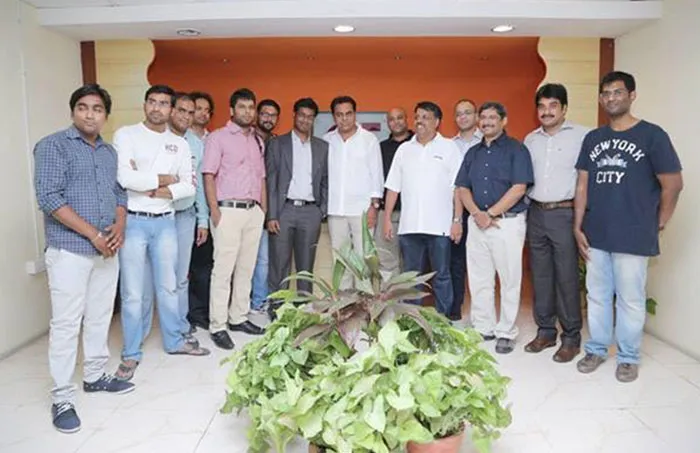
Table 1: List of companies incubated and graduated from CIE
What support and services do startups receive in your incubator?
The incubator has a plug and play co-working space as well as office space for the startups. We also tie up with various service providers so that the startups can focus on their core areas. We partner with various organisations to help our startups acquire services with more ease and at cheaper rates. We also organise frequent networking events, workshops and one-on-one mentoring sessions.
How would you differentiate your incubator from the others in the field?
Our differentiation is our focus on core tech. While most startups in the Indian ecosystem are coming up with innovative use cases of existing technology, our aim is to foster startups which take technology from zero to one rather than building on top of what is already created.
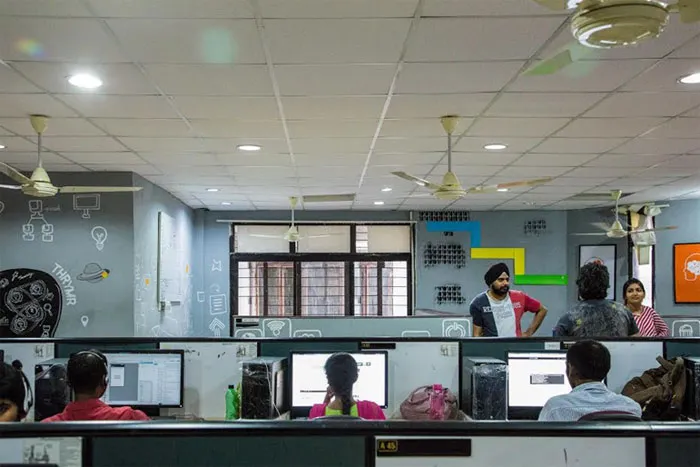
What would you define as success for your incubator?
Being an incubator, we would like to see our startups become successful. Startups come back to our incubator after various acceleration programs in Indian and global accelerators, and validate the culture and value we are creating. The extra mile that we would like to go is to create new technologies from our research labs and make them commercial.
How do you compare India’s incubators with those of other countries like US and China?
For a country the size of India, we have very few incubators, be it academic or non-academic. The support structures built around the incubators also need to be stronger and more conducive as is the case in say, Silicon Valley. The incubators in the US had a large number of private entities nurturing it. In China, the government intervention played a huge role.
We are fortunate to have backing from both the public and private sectors, but unfortunately most of the incubators in India are yet to find the right models for sustainability and growth.
What are your plans for the coming three to five years with respect to new startups?
We are making a transition from being sector agnostic, to being sector specific. In the coming years we plan to extend our focus to startups working in the field of language technologies, cognitive sciences, advanced robotics and a few other upcoming areas of technology.
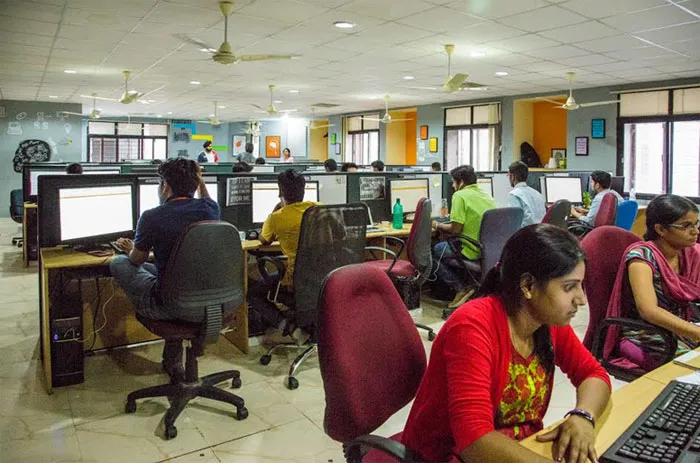
What are your recommendations for Indian policymakers to improve the startup ecosystem?
Starting a business has become easier compared to a few years ago. But we still need to go a long way in making India an ideal destination to start a business. The processes and regulations have to be made more supportive, at least in the early years, so that the startups can focus more on their work. The government is already extending its indispensable support to incubators and startups through its various schemes. We are thankful to the government for this and we hope for its continued support.
What are your recommendations to the startups and entrepreneurs in our audience?
We live in an age where changes and technological advancements are happening faster than ever. Hence, time and pace are crucial. You need to run with your idea. We don’t have the luxury of sitting down and examining the idea extensively. The faster you can get the idea to the market and the faster you can iterate and improve your product, more chances you have to lead the race.







